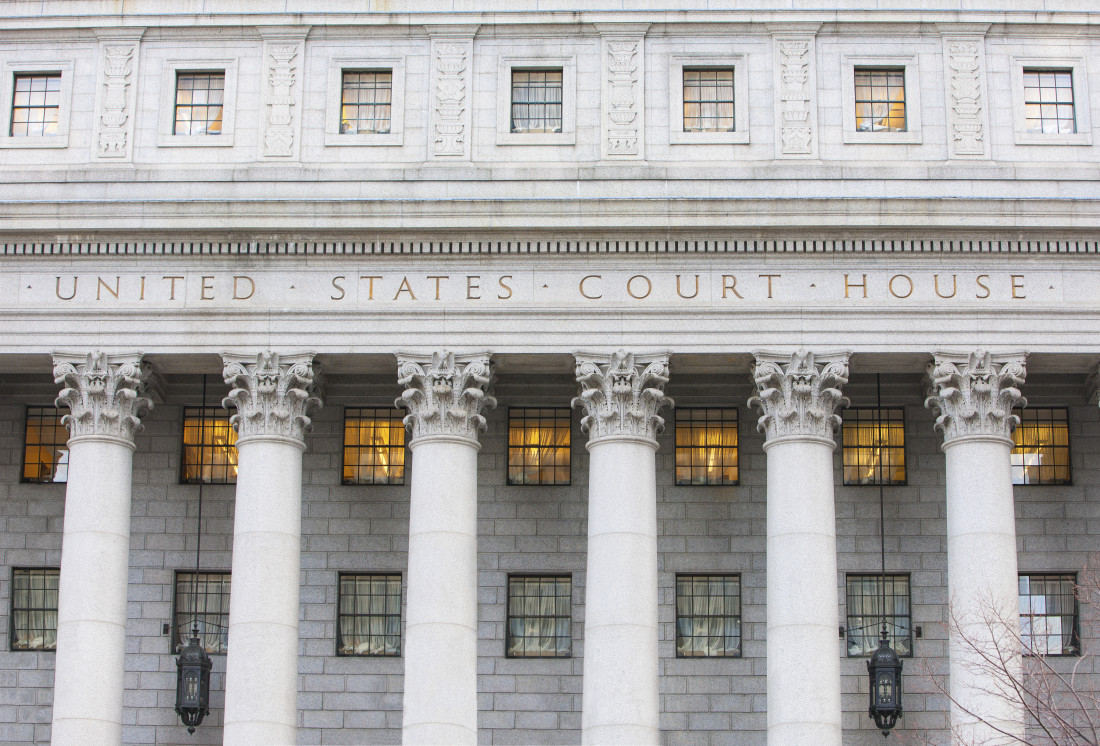Trademark Law Alert – U.S. Supreme Court Rejects Willfulness Requirement for Trademark Infringement Profits
By: Richard Mandel

In a 9-0 decision issued on April 23, 2020, the U. S. Supreme Court held that a trademark infringement plaintiff does not need to show willfulness in order to recover an award of the defendant’s profits.
Romag Fasteners, Inc. v. Fossil Group, Inc., No. 18-1233 (April 23, 2020) involved a claim by Romag that Fossil infringed Romag’s trademark by representing that the fasteners on Fossil’s handbags came from Romag when the factories Fossil hired in China were actually using counterfeit fasteners. The jury found Fossil liable for trademark infringement, but it concluded that Fossil had not acted willfully.
Following controlling Second Circuit precedent that willfulness was required to recover an award of the defendant’s profits, the district court refused Romag’s request for Fossil’s profits. The Supreme Court agreed to hear the case to resolve a split among the circuit courts as to whether an award of profits required a finding of willfulness.
In an opinion by Justice Gorsuch joined in by all the other Justices except Justice Sotomayor (who wrote her own concurring opinion), the Supreme Court ruled that there was no statutory support for imposing a willfulness requirement. The Court emphasized that Congress had expressly included a willfulness requirement in the statute for other remedies, such as awards of profits for trademark dilution or statutory damages for counterfeiting. The Court was unwilling to read such a requirement into the profits provision where Congress had failed to include one. Although the trademark statute does make an award of profits “subject to principles of equity,” the Court found that such language applied to broader principles applied more systematically across the law and not to a narrow rule about the profits remedy.
Author’s Note: Although the Court’s decision makes the recovery of profits potentially easier for trademark plaintiffs, it is not clear that it will have a significant practical impact on the availability of that remedy. The Court’s decision acknowledged that a trademark defendant’s mental state remains “a highly important consideration in determining whether an award of profits is appropriate.”
Justice Alito emphasized that point in his separate concurrence (joined in by Justices Breyer and Kagan), stating that “willfulness is a highly important consideration …, but not an absolute condition.” And while Justice Sotomayor agreed with the ultimate result, she refused to join the majority opinion because she did not interpret it as making it sufficiently clear that awards of profits should remain unavailable in cases of innocent or good faith infringement.
Thus, while the Court rejected a bright line rule requiring willfulness, it is likely that the defendant’s state of mind will continue to play a major role in the ultimate decision whether or not to award the defendant’s profits to a successful trademark plaintiff.
For further information contact Richard S. Mandel or your CLL attorney.
Richard S. Mandel

Partner
Email | 212.790.9291
Richard is a litigator with more than thirty years of experience handling intellectual property cases, including copyright, trademark, unfair competition and Internet-related matters, as well as other complex commercial disputes.